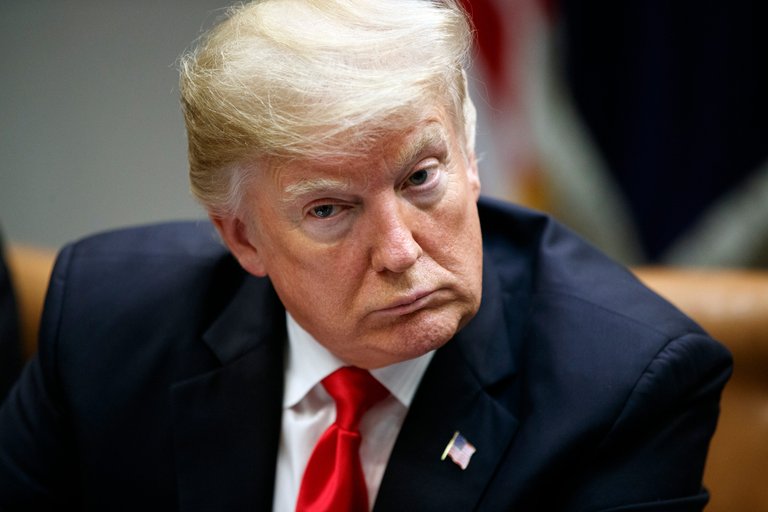The short answer is no, obviously. But it seems people must constantly ask themselves "am I just doing it for the money?" to keep themselves from doing something unethical. There are three different ways to answer this question — because even though money is a tool capable of abuse (just like any other) its form drastically changes its influence on our behavior.
Commodity Money
With commodity money, our sentimental value attached to the means of exchange makes it fairly easy to trade — that is, when the commodity is of equal value to all its users. Anything "worth its weight in gold" can be exchanged without much cognitive dissonance to pay for nefarious deeds because the link between the value of the payment and the value of the deed is direct. Killing a man for gold is morally dignified equally to killing a man for a gold coin (of equal value.) The judgement becomes one of nebulous responsibility when you remove the intrinsic value of the commodity from the equation. This is where fiat money comes in.

Fiat Money
Fiat money is like the point system when you're playing a video game. Except, because whoever created this game was seriously demented, leaves you gaining points for "hacks" when your value system doesn't align with the one that gives you more points. The thing is, even if you believe that what you're doing or what you're buying is wrong, the money you get serves as a barrier between you and the exchange you made. Even if I work for a man who kills people in Syria, the money I got is clean because I personally didn't kill anyone for it. Even if I pay for meat that keeps butchers in business, the purchase is good because I didn't kill the animal. The moral ambiguity makes it difficult to assign blame to anyone, so we are left blaming the system for encouraging us to buy these things simply because they're made available to us, or the money for allowing us to gain something from the loss of someone else. Even if that means our CEO's, the leaders who are guiding the direction of human growth, are most likely psychopaths.

Blockchain currency
Of course, this is where the blockchain steps in. A problem it seems a lot care deeply about is the idea of ensuring the masked identity of the individual making the purchase. Namely, this is a result of centralization and usury — the extraction of non-value profit from the customer. In a world where there is a win or loss for each side with every currency exchange depending on the information each party has, it's hard to imagine there are other kinds of transactions. Ones where both benefit.
Before returning to this point, I'd like you to just think about times where money wasn't involved. Maybe someone painted a picture for you, or washed your dishes, or skipped an opportunity just to waste time with you. Or, on the deficit side, your brother beats you up, your friend steals your shirt, your neighbor keys your car. These are transactions that go unaccounted for, mainly because the agreements are formed by bonds, trust, and the time duration of a relationship rather than a ledger, but that leaves us with only a sensory evaluation to make. In the first list of cases, both parties benefit, and the more work that's invested, the more rewards both parties reap. Any uneven winnings are simply used to perpetuate the good nature of the relationship.

The latter examples are — unless the person is deranged or instigating for their own benefit outside the situation — reacting to either things you have done or things that have nothing to do with you. Your brother could have beat you up because he was stressed after your parents beat him up. Your friend stole your shirt maybe because he's a kleptomaniac, and can't help himself. Your neighbor might have keyed your car because he knows about your aversion to calling superiors, that you have a bad temper, and will go to the authorities with however you respond. All of these cases are predictable when you know and continue to engage with the people you're dealing with, which is why your neighbor will lend you sugar, but someone else's neighbor three towns over will charge you for it. The risk is not that you won't gain from the exchange, the risk is that strangers are unpredictable.
Now to return to the idea of blockchain. Currency traded here has value because of the individuals using it, and does not promise anything else. The other two kinds of money attempt to justify their means with your personal value of their appearance — whether because you find their specific qualities or the system that decided to mark them up for legitimacy useful. Stripping people of their identity is necessary for right now, as people caught between the two worlds find there is more monetary value in disrupting other people's lives, even if they have the capacity for sympathy. However, once it becomes universal, associating certain people with their exchanges will not just give them credibility, it will hold them accountable for the things they decide to invest their time and money into. There won't be any reason for this behavior besides the exposure to the same society that granted them moral judgement in the first place. I for one, look forward to this global marketplace.

I'd love to hear your thoughts in the comments! Disagreements are always welcome.
Congratulations @tmakovic! You received a personal award!
You can view your badges on your Steem Board and compare to others on the Steem Ranking
Vote for @Steemitboard as a witness to get one more award and increased upvotes!